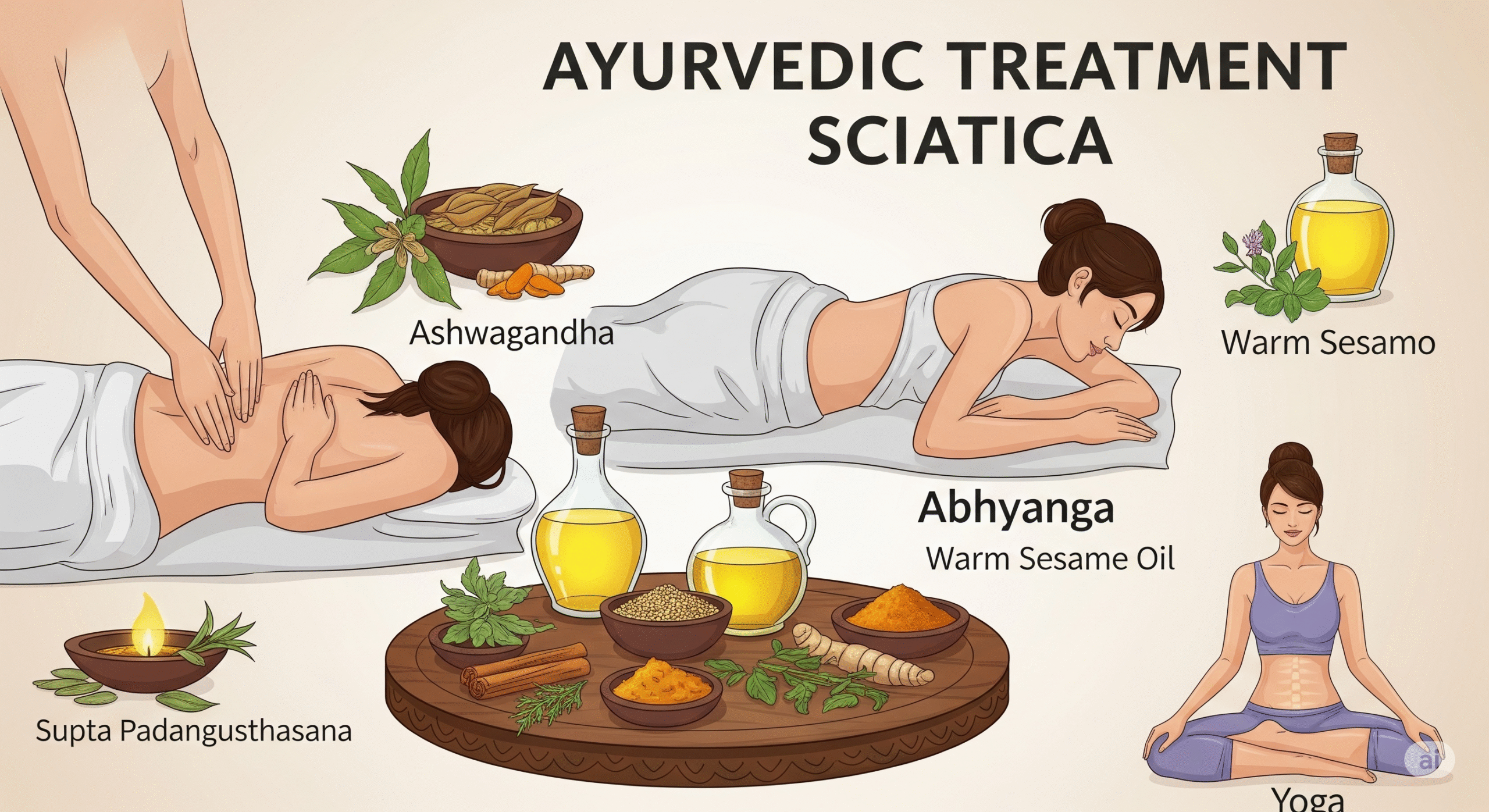Peptic ulcers are a common yet often misunderstood condition that can cause significant discomfort if left untreated. These sores or lesions form on the inner lining of the stomach, esophagus, or small intestine, leading to a variety of symptoms that can affect daily life. In this blog, we’ll explore what peptic ulcers are, their symptoms, and some natural remedies to help manage the condition effectively.
What Are Peptic Ulcers?
Peptic ulcers are open sores that develop on the mucous lining of the stomach, the lower part of the esophagus (food pipe), or the upper portion of the small intestine (duodenum). They occur when the protective layer of mucus in these areas is eroded, allowing digestive acids to damage the underlying tissues. This erosion can be caused by factors such as infection with Helicobacter pylori bacteria, prolonged use of nonsteroidal anti-inflammatory drugs (NSAIDs), or excessive acid production in the stomach.
While medical treatment is often necessary, certain natural remedies can complement conventional care and provide relief from symptoms.
Symptoms of Peptic Ulcers
The most prominent symptom of a peptic ulcer is abdominal pain, which can vary in intensity and location. Here are the key symptoms to watch for:
- Burning or Gnawing Pain: A burning sensation or a sharp, biting pain in the stomach is common. This pain typically occurs between the navel and the chest and may radiate to the back.
- Timing of Pain: The discomfort often worsens a few hours after eating, when the stomach is empty. For some, the pain may flare up at night, disrupting sleep.
- Other Symptoms: In addition to pain, peptic ulcers may cause bloating, nausea, vomiting, loss of appetite, or a feeling of fullness.
If you experience severe symptoms such as vomiting blood, black or tarry stools, or intense abdominal pain, seek medical attention immediately, as these could indicate complications like bleeding or perforation.
Natural Remedies for Peptic Ulcer Relief
While medical treatment, including antibiotics or acid-reducing medications, is often required to heal peptic ulcers, certain home remedies can help alleviate symptoms and support the healing process. Below are three natural remedies rooted in traditional practices that may offer relief:

1. Hibiscus Flower Sharbat
Hibiscus flowers (Gudhal in Hindi) are known for their soothing and anti-inflammatory properties. To prepare this remedy:
- Grind fresh red hibiscus flowers into a paste.
- Mix the paste with water to create a refreshing sharbat.
- Drink this mixture daily to help reduce stomach irritation and promote healing of the ulcerated lining.
2. Turmeric Milk
Turmeric is a powerful anti-inflammatory and antimicrobial spice that can aid in managing peptic ulcers. To make turmeric milk:
- Add a small amount of turmeric powder (about 1/4 to 1/2 teaspoon) to a glass of warm cow’s milk.
- Stir well and consume daily, preferably before bedtime.
- The curcumin in turmeric may help reduce inflammation and protect the stomach lining from further damage.
3. Wood Apple (Bael) Drink
Wood apple, or bael, is a traditional remedy for digestive issues, including peptic ulcers. Its soothing properties can help calm the stomach and reduce acid-related irritation. To prepare:
- Extract the juice from a ripe bael fruit or grind bael leaves into a fine paste.
- Mix the juice or paste with water to create a drinkable solution.
- Consume this beverage regularly to support ulcer healing and improve digestion.
Additional Tips for Managing Peptic Ulcers
In addition to these remedies, adopting certain lifestyle changes can help manage peptic ulcers and prevent recurrence:
- Eat Small, Frequent Meals: Avoid large meals that can increase stomach acid production. Opt for smaller, balanced meals throughout the day.
- Avoid Trigger Foods: Spicy foods, caffeine, alcohol, and acidic foods (like citrus) can worsen symptoms. Identify and avoid foods that trigger discomfort.
- Manage Stress: Stress can exacerbate ulcer symptoms. Practice relaxation techniques like meditation, yoga, or deep breathing.
- Stay Hydrated: Drink plenty of water to support digestion and keep the stomach lining healthy.
- Consult a Doctor: Always seek medical advice before relying solely on home remedies, especially if symptoms persist or worsen.
Conclusion
Peptic ulcers can be painful and disruptive, but with the right approach, they can be managed effectively. Recognizing the symptoms early and combining medical treatment with natural remedies like hibiscus sharbat, turmeric milk, and bael juice can provide relief and support healing. Always consult a healthcare professional for a proper diagnosis and treatment plan tailored to your needs.
By making small changes to your diet and lifestyle, and incorporating these time-tested remedies, you can take control of your health and reduce the discomfort caused by peptic ulcers.
Disclaimer: The remedies mentioned in this blog are based on traditional practices and may not be suitable for everyone. Always consult a healthcare provider before trying new treatments, especially if you have underlying health conditions or are taking medications.




